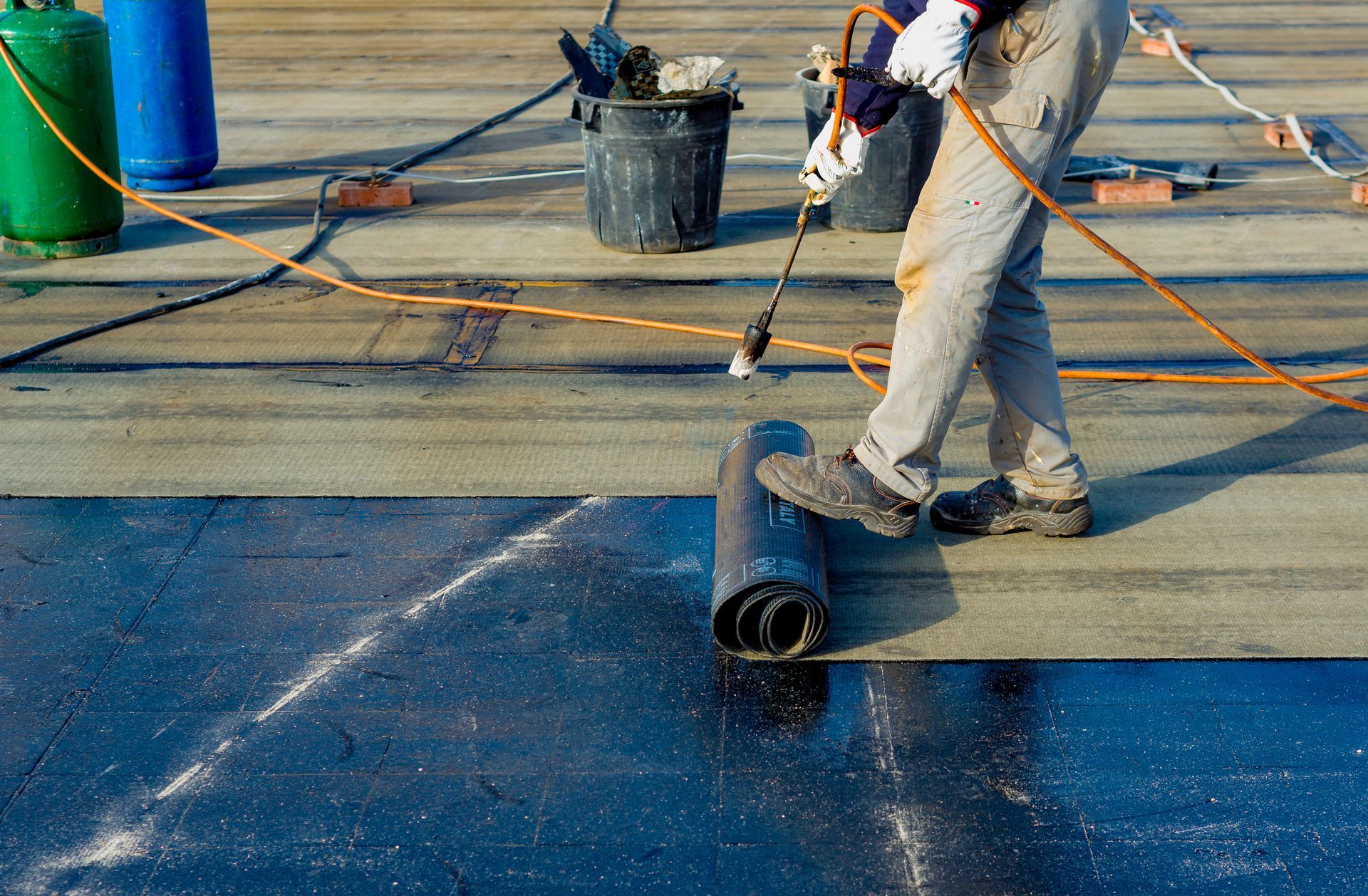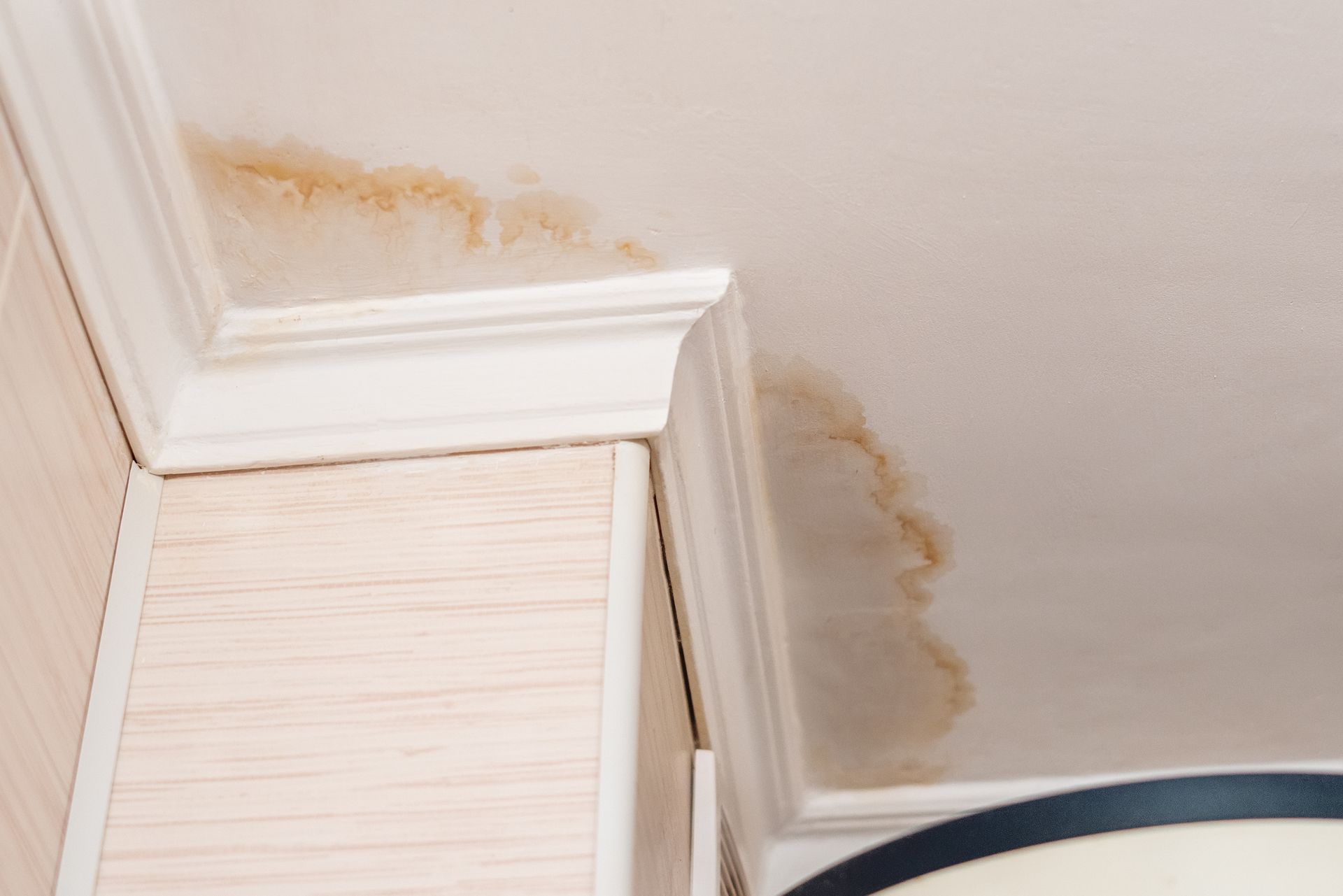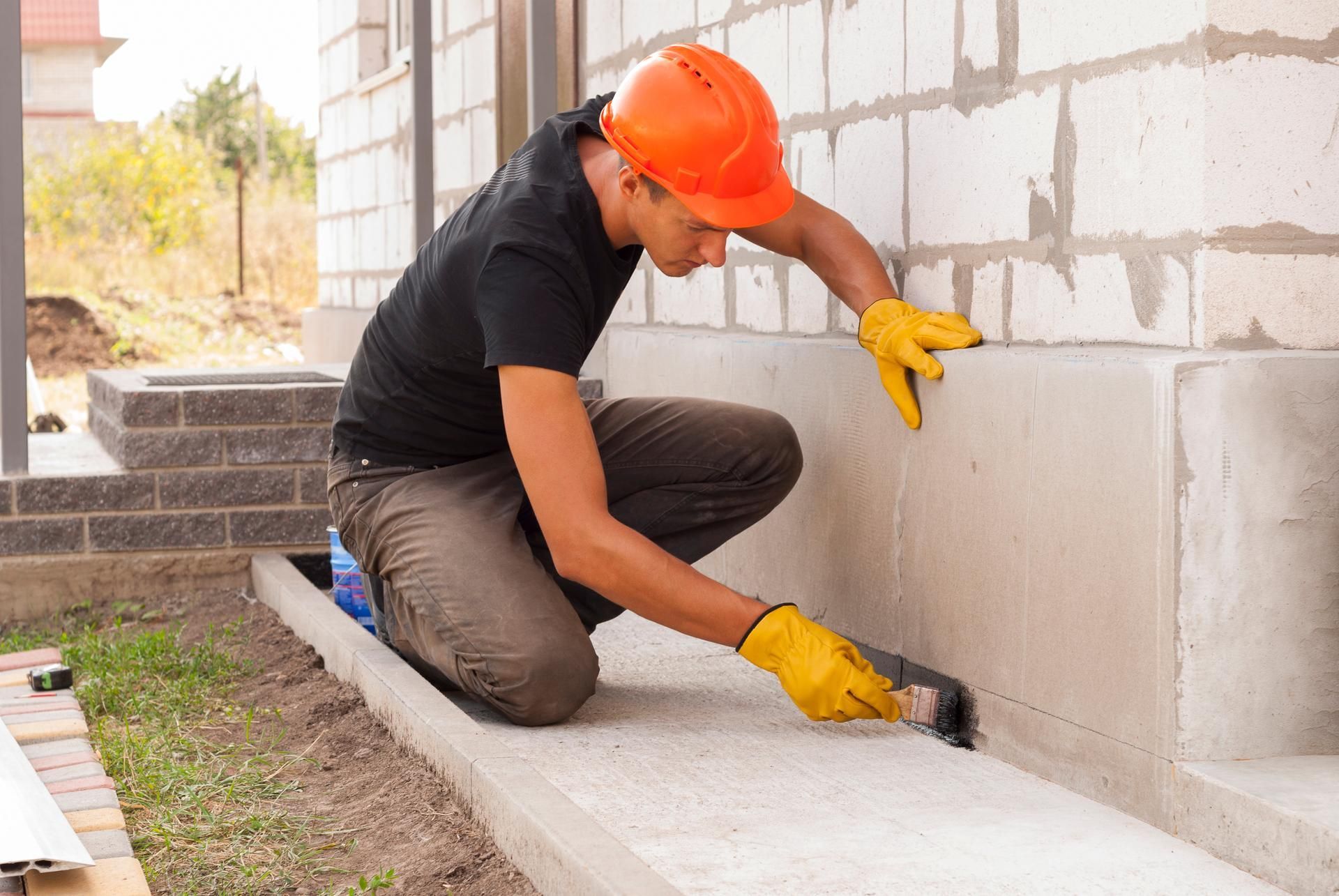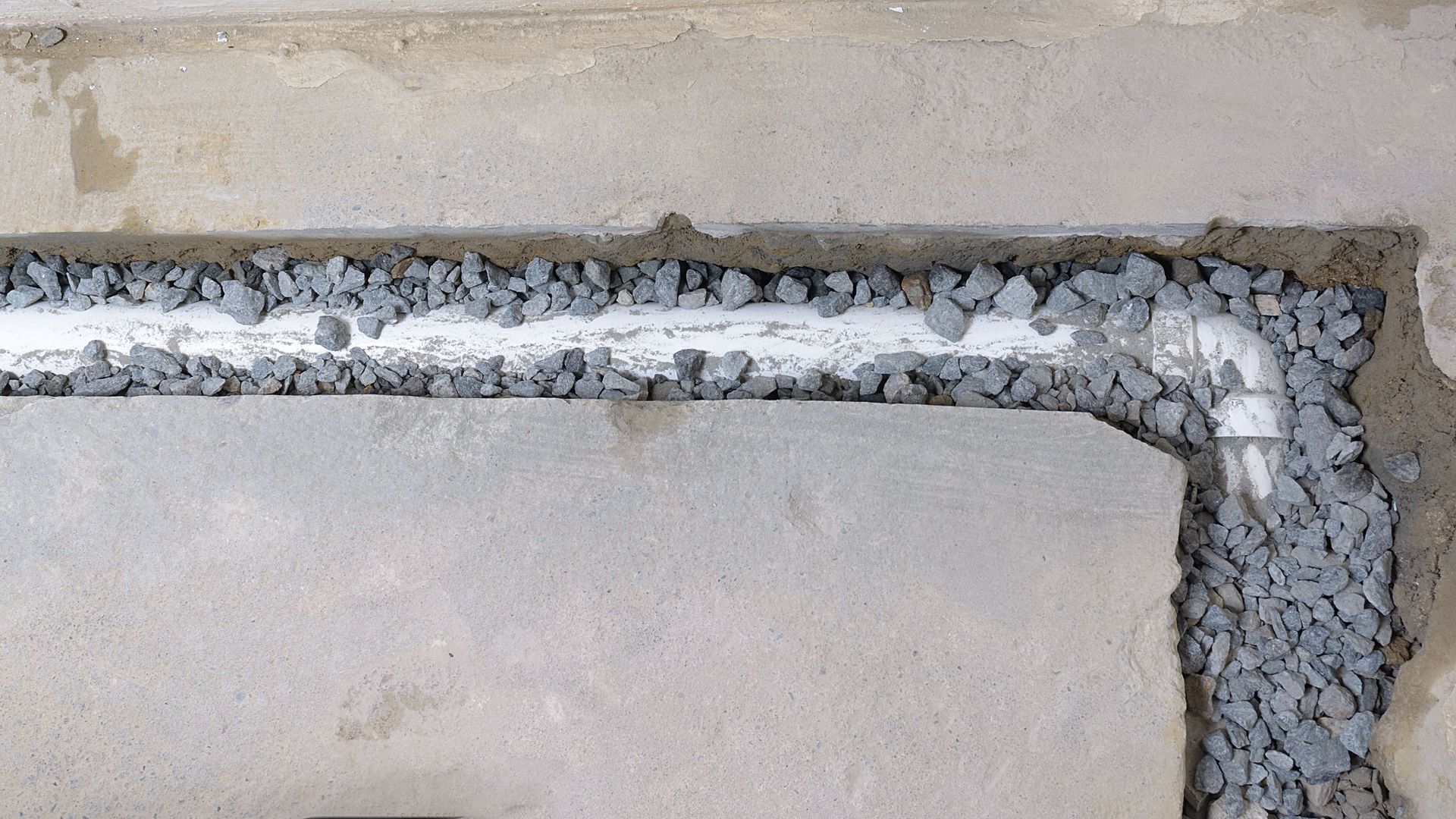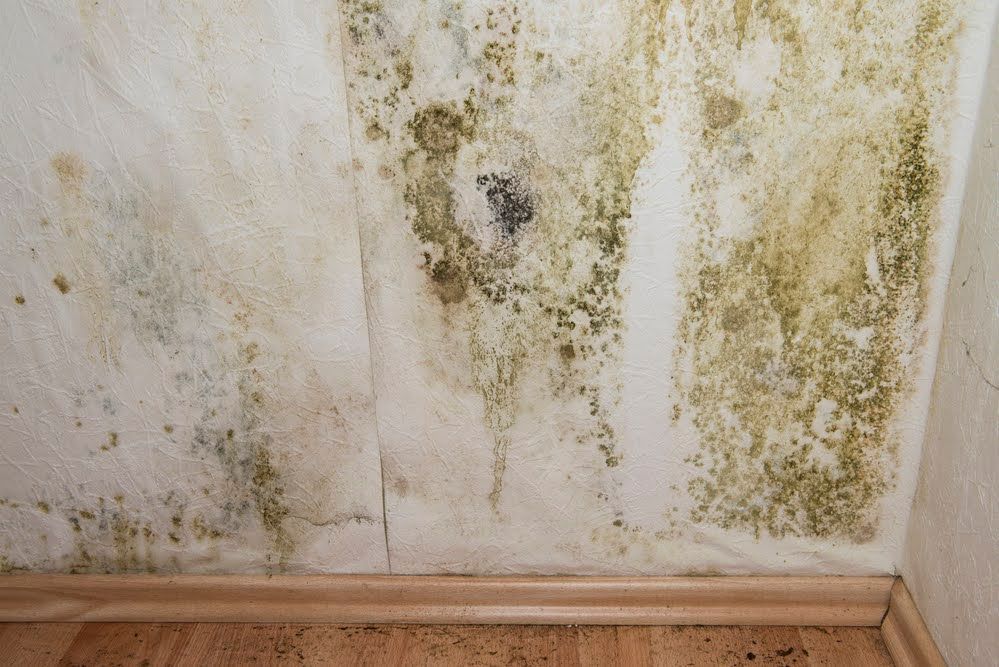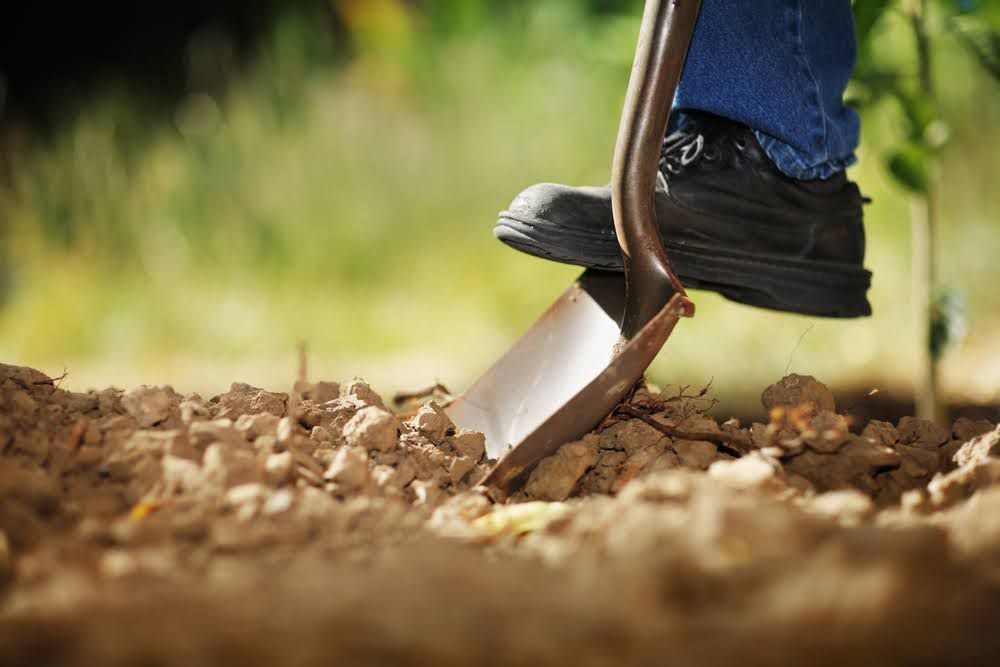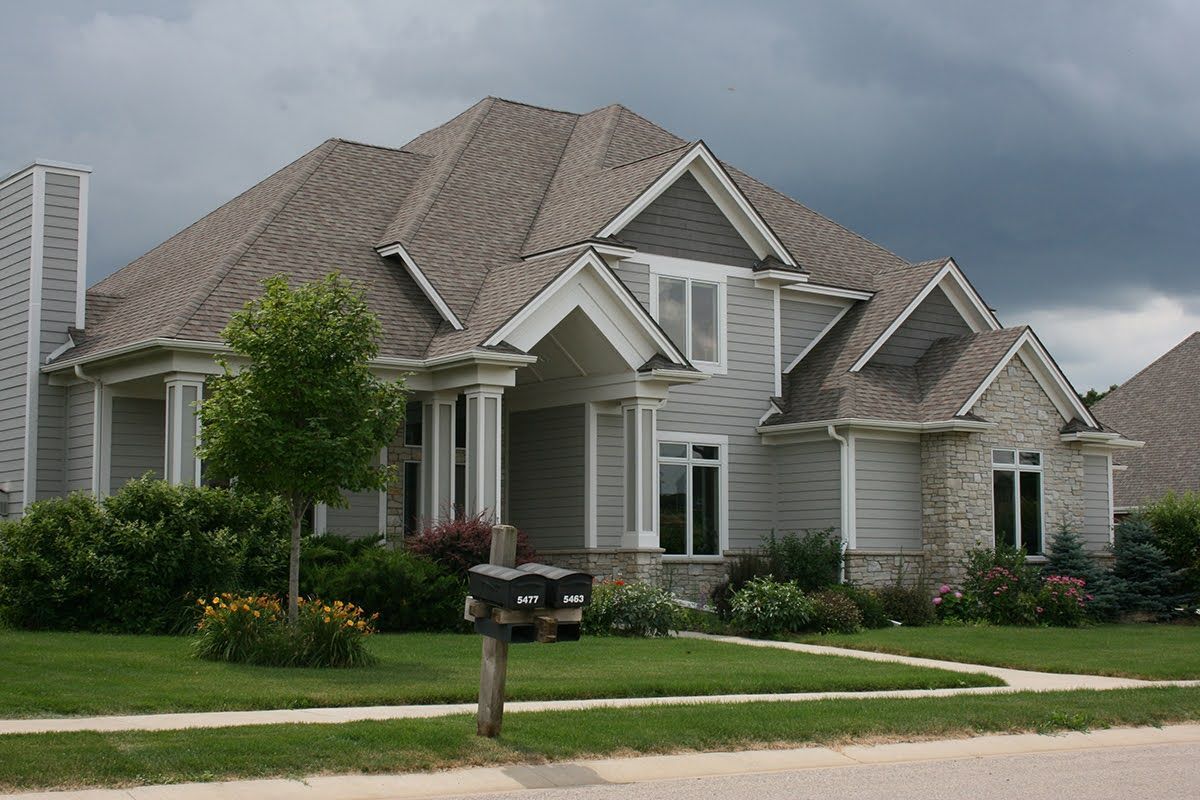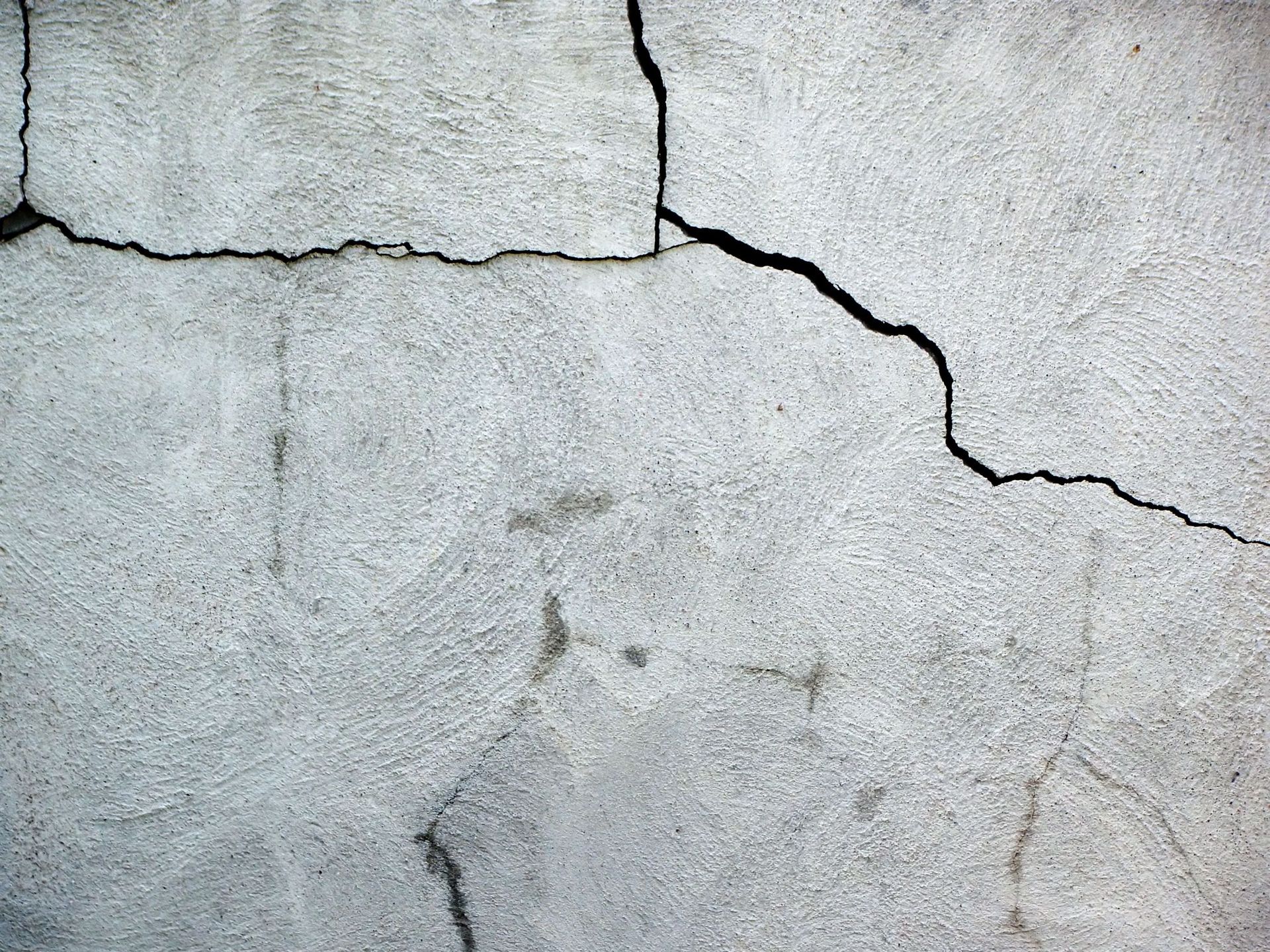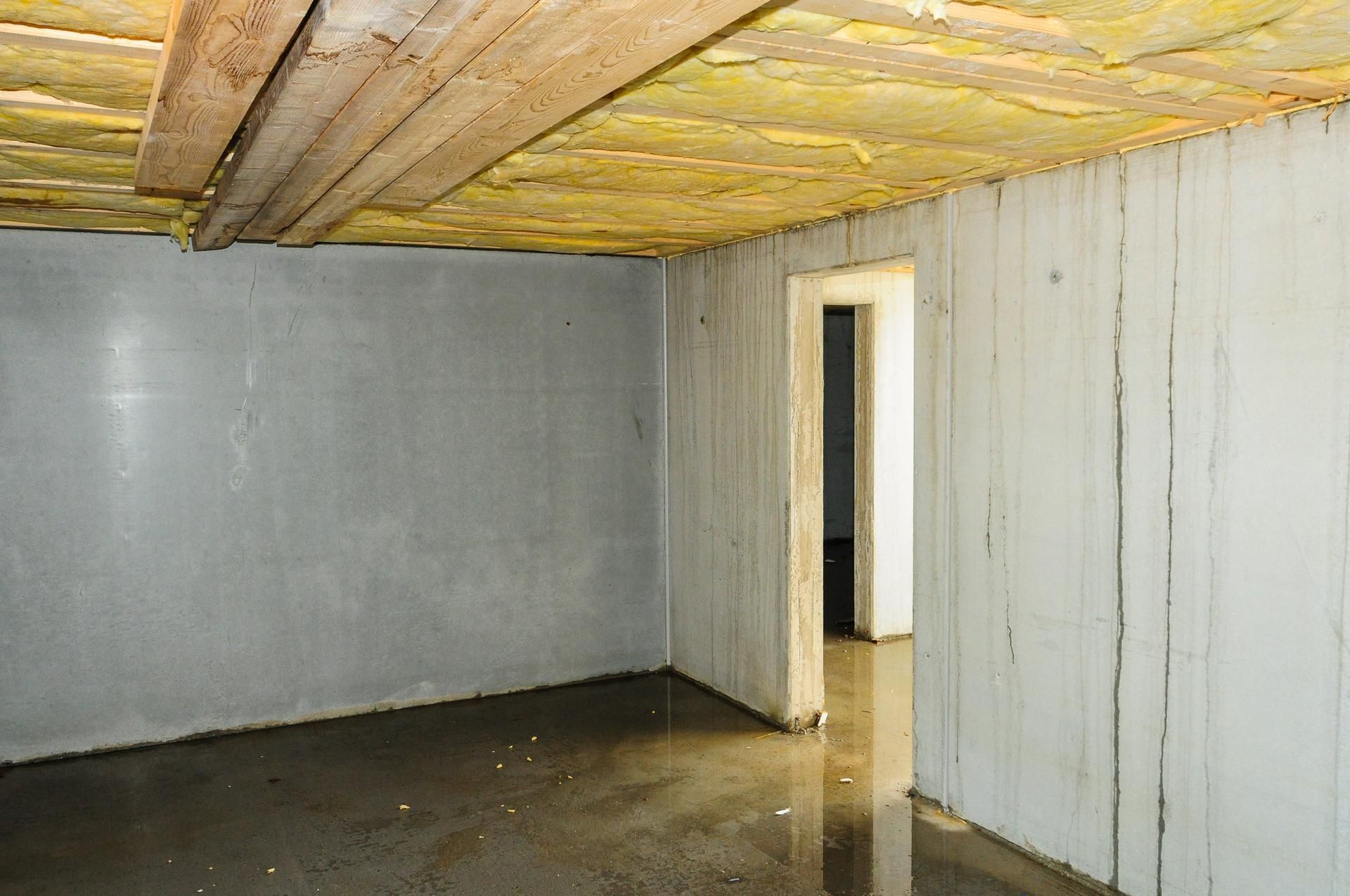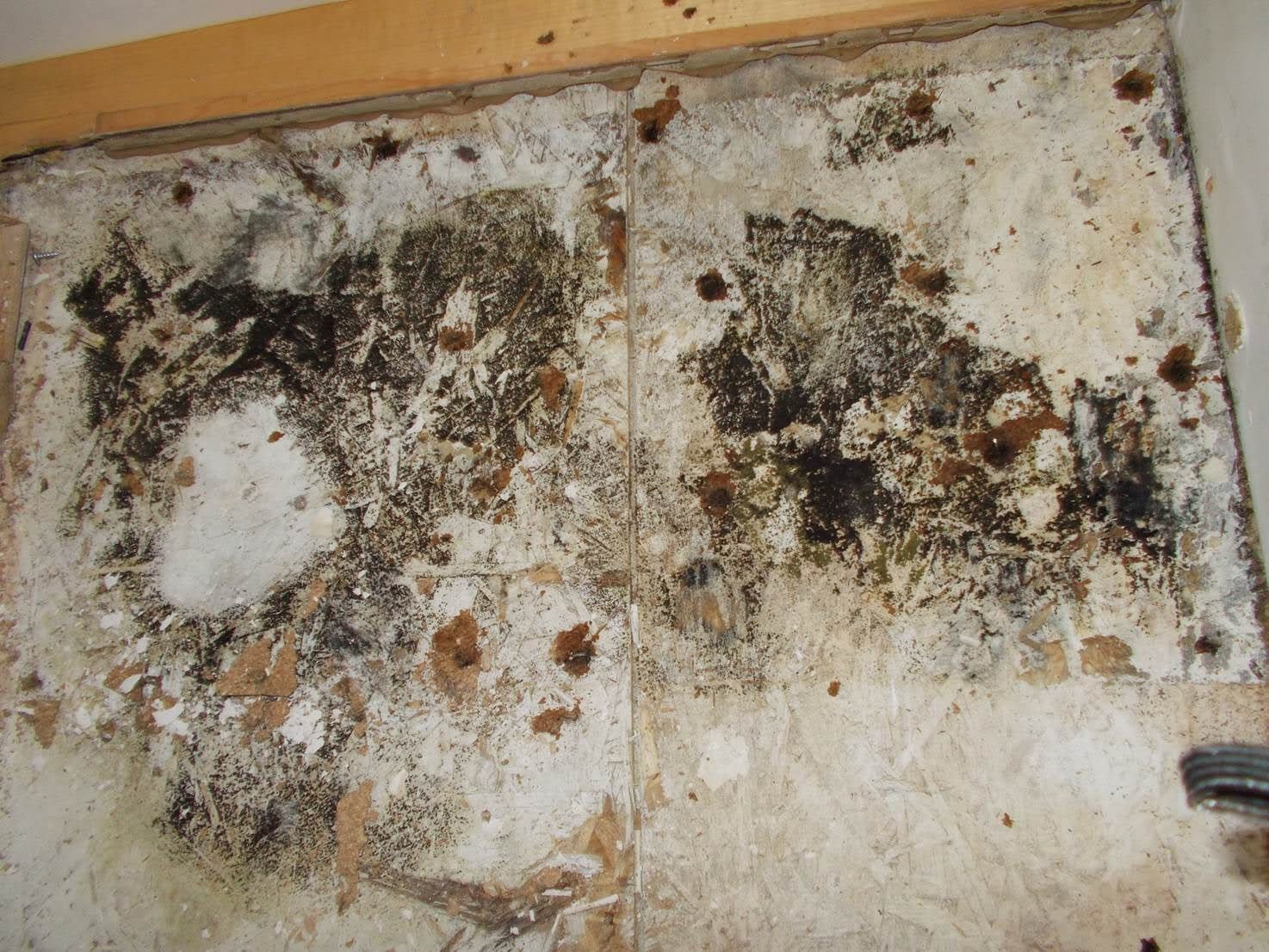Signs You Should Waterproof Your Basement Immediately
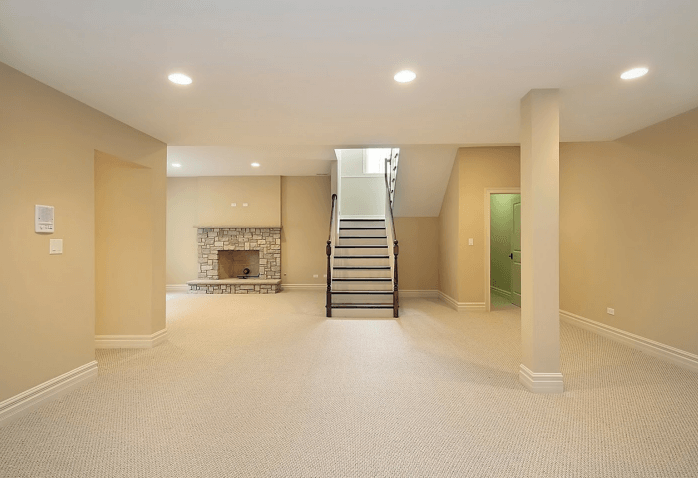
Basement flooding is a serious concern for many homeowners in Pennsylvania, often resulting in extensive and costly structural and property damage as well as health problems. Fortunately, waterproofing your basement prevents water from getting into your basement and wreaking havoc.
Knowing when to waterproof your basement can save you money and time and protect your family's health and safety. Learn seven signs you should waterproof your basement right away.
Musty Smells
Persistent musty odors in your basement often indicate excess moisture and water seepage. You may notice a change in air quality when you enter the basement and feel lingering dampness. The bad thing about high levels of moisture in the basement is that they offer a conducive environment for mold growth. Mold can be problematic for any homeowner and result in health issues and property damage.
Flu-Like Symptoms
Once mold grows in your basement, it can spread throughout your home through AC vents. When inhaled, mold spores can lead to flu-like symptoms such as headaches, itchy eyes, sneezing, fatigue, runny nose, joint pain, and skin rashes. However, treating these symptoms is worthless if you don't address the root cause - a damp basement allowing mold growth.
Bowed Walls
Your basement walls experience external forces from the surrounding soils. Consequently, the walls may expand or contract depending on the soil's moisture levels. These variations may result in the walls bulging, curving in, or even cracking. If you notice cracks on the basement walls and floor or uneven alignment, consider waterproofing before more severe damage occurs.
Water Puddles Outside
Water puddles in your yard can pose a significant threat to your basement. Since your basement is underground, water intrusion emanates from both underground and surface water. Anything that causes standing water in your yard can result in a water intrusion in the basement.
For instance, any leaky pipes causing puddles on the surface can also result in a wet basement. Similarly, underground streams may lead to stagnant water in the yard and intrusion in the basement. Waterproofing can keep off water intrusion into your basement.
Water Stains
Visible watermarks on walls or floors emanate from either a spill or leak. If you can't recount any spill in your basement, you may have a leak in the foundation or walls allowing water to seep into the basement. Look for old watermarks too.
Efflorescence
You may notice sparkles on your concrete walls when you turn the light on. They can indicate the concrete is wet and thus forcing the minerals inside to resurface. While this may not be problematic at first, this could lead to mold issues as more water gets into the concrete and basement.
Rust and Swollen Wood
The high humidity levels of a wet basement can cause metal items in your basement to rust. Therefore, inspect metal fixtures like furnaces, furniture, and toolboxes for signs of rust. Even the smallest items like nails and pins can show your basement is too damp and requires waterproofing.
Wood is vulnerable to swelling when exposed to water or excess moisture. Hence, the wood supports in floor joists and doors can swell. If your wooden door in the basement won't close until you shove it, excess moisture is often the culprit, and you need to waterproof your basement.
Water intrusion into your basement can damage your flooring and furniture and compromise your home's structural integrity. It can also translate to expensive and time-consuming repairs when left unattended.
If you notice the above signs, contact
Central Penn Waterproofing for affordable basement waterproofing in Central and Eastern Pennsylvania. Our qualified staff inspects your water problem and resolves it promptly and costeffectively. We pride ourselves in the best prices, the latest technologies, and courteous and dedicated staff.


